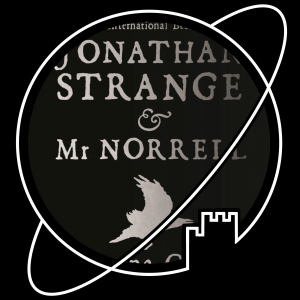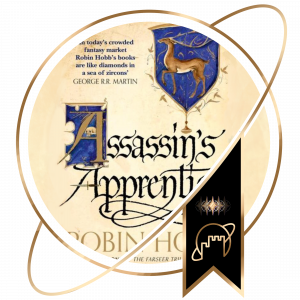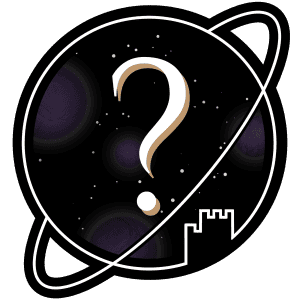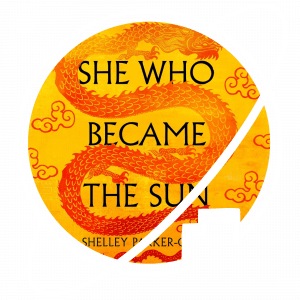- Book written by Susanna Clarke
- Published September 2004
In 19th century England, magicians who are capable of performing actual spells are a thing of the past. The only magicians that are left are ‘theoretical magicians’, who study magic and write long papers about it, but are incapable of performing the simplest spell. Until two magicians are discovered who are destined to bring magic back to England. Mr Norrel and his pupil Jonathan Strange soon become notorious practitioners of magic as they use their skills to aid in the war against Napoleon. But it soons becomes clear that they might be meddling with powers far beyond their abilities.


The audiobook of Jonathan Strange & Mr Norrell is over 30 hours long. I usually don’t mind a big book: if I enjoy a story I’d rather not finish it too soon. However, 30 hours is quite a task even for me.
After the first hour of listening I did not really get drawn into the story yet, but that happens. Longer books often need some time to get warmed up.
However, the next four hours I kept feeling quite similarly, at which point I started considering whether I should call it quits and decide this might not be the book for me. But, I had heard good things about it, and in general I am usually quite hesitant to put down a book once I’ve started it.
So I persisted, but by hour seven I still had not really found a good reason why I was reading this book. There was just so much detailed explanation about things I did not truly care about. Why did I need to know all this history of English magic? And why should I care if this magic was restored or not? The expansive footnotes definitely made things worse, and while in a physical book I could have skimmed these, the audioformat meant I had to sit through all of them. At this point the tempation to put the book down became quite strong.
But then, around hour ten, things slowly started to turn around. I suddenly found I did care about English magic and its restoration. The work I had put in getting to know the characters and their world made me feel connected to them despite their flaws and in some cases (deliberately) quite unlikable personalities.
From then on I slowly but steadily got drawn deeper and deeper into the world the book had painstakingly created. It became clear how the level of detail that had exasperated me in the first part of the book contributed to its atmosphere, making it feel more like historical fiction than like fantasy. Also, I just cannot resist any book that deals with the Fey and their realm.
It would be tempting to say that parts of this book could have been edited out in order to make it more accessible to a wider audience, but I don’t know if that would be possible without destroying the very thing that makes it unique. I think it might just be a case where you really have to put in the effort in order to get to the eventual payoff. But I am very glad that I persisted, and now that I’ve finished it… part of me wishes that it could have been even longer.











